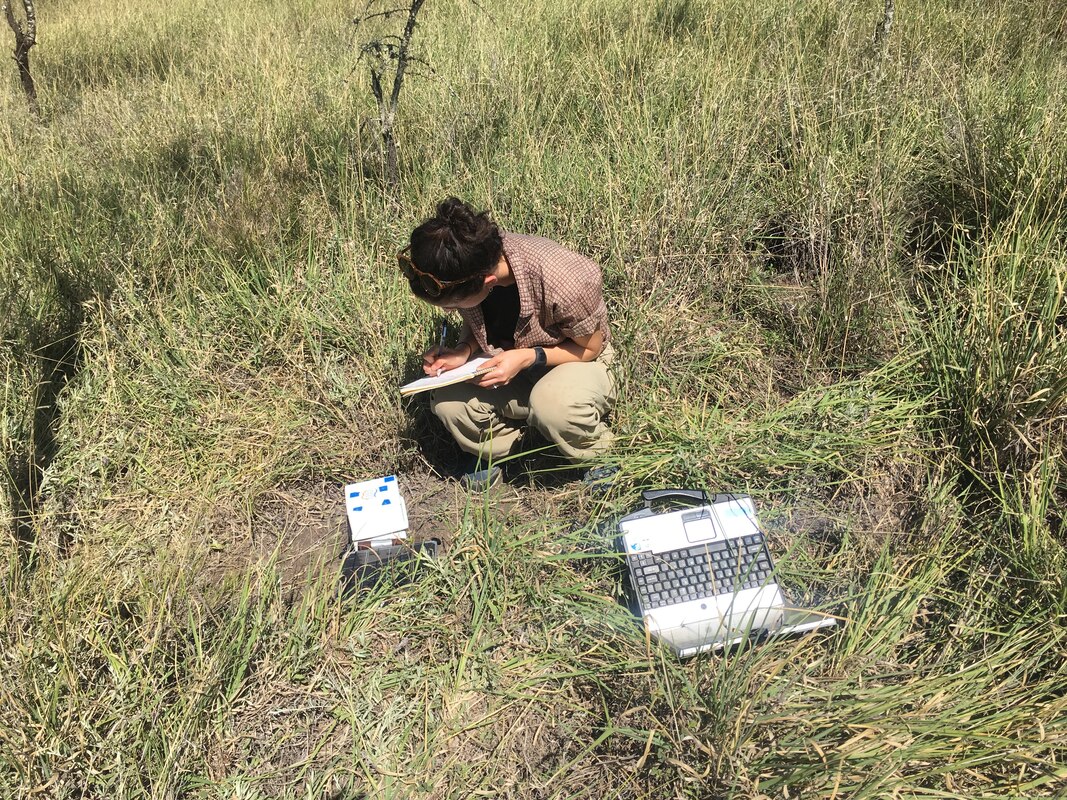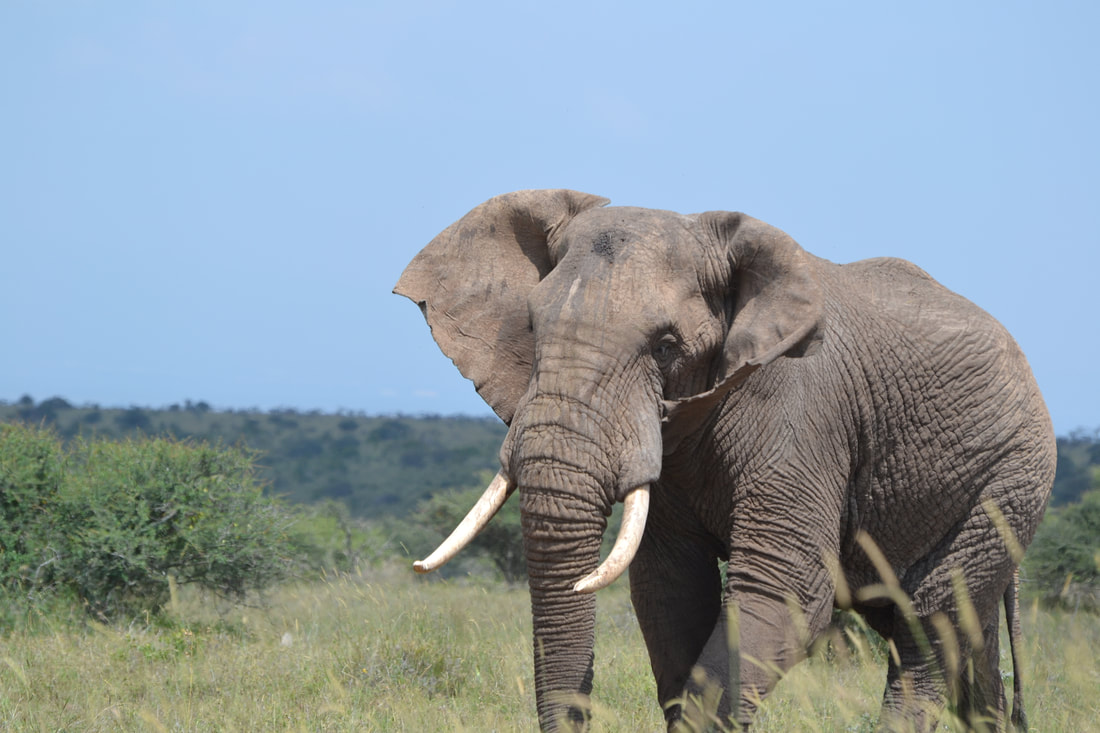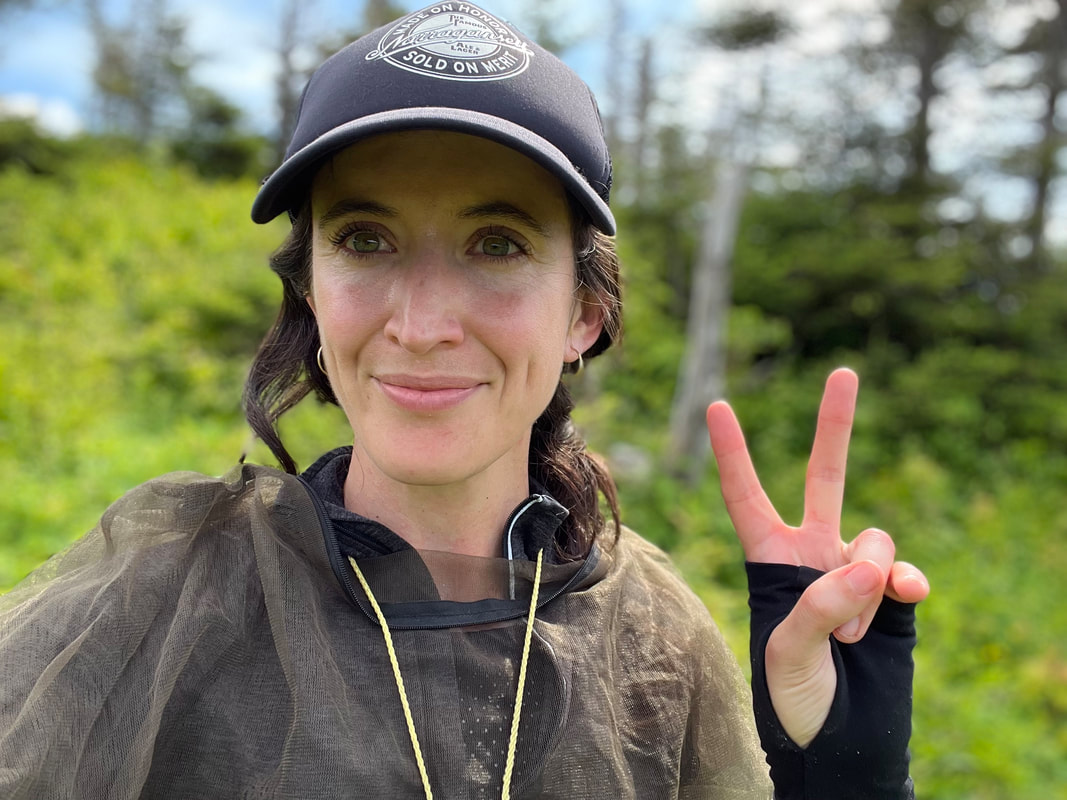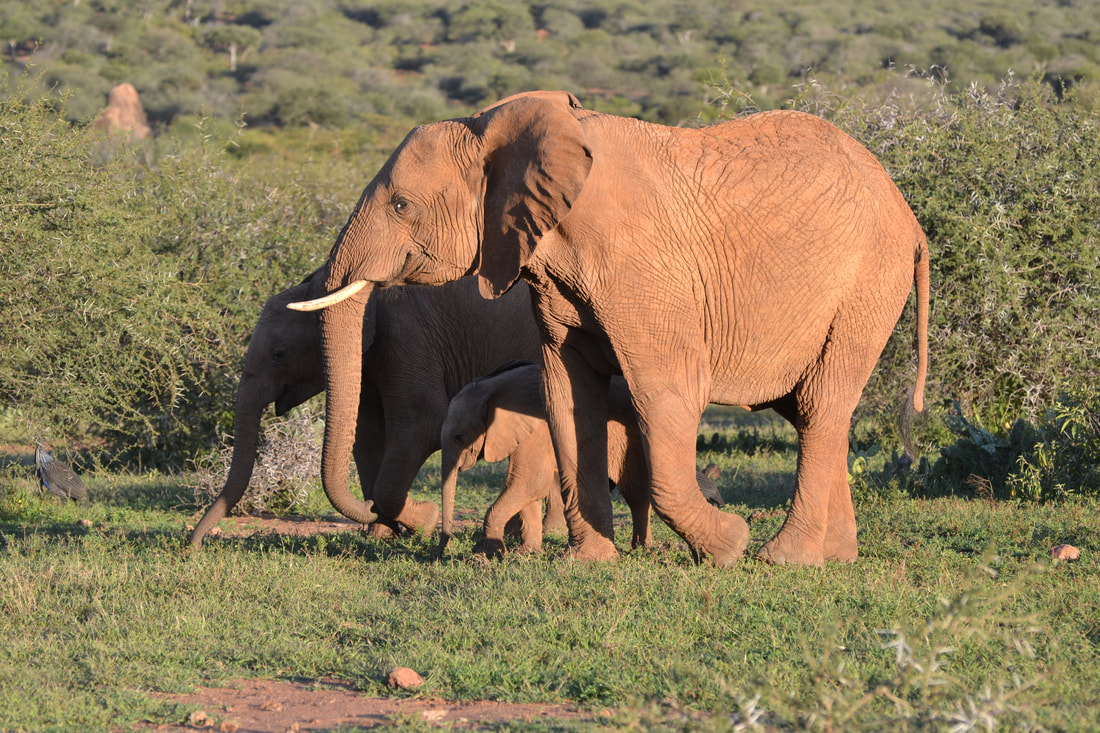Elizabeth ForbesNSF Postdoctoral Research Fellowship in Biology
Yale School of the Environment EducationPh.D., 2021, University of California Santa Barbara, Department of Ecology, Evolution, and Marine Biology
B.A., 2012, Vassar College, Biology ResearchMy research goal is to contribute to recent global efforts in connecting two simultaneous processes that characterize the Anthropocene: changing large wildlife communities and climate change. As such I seek to quantify the effects of experimental and natural large wildlife community changes (e.g. exclosures as a proxy for local wildlife loss) and subsequent changes to an ecosystem’s carbon storage and cycling rates. My PhD work focused on the role of local, experimental large herbivore extinction on soil carbon storage and emissions in a seasonally dry and mixed-use (e.g. cattle grazing) savanna in Laikipia, Kenya, where the large wildlife community remains relatively intact today. In this work I aimed to show that large wildlife loss on the local level can significantly influence the spatial organization of carbon storage and emissions, and may ultimately impact a system’s carbon balance (whether it is a sink or a source for atmospheric carbon dioxide).
My research in the Schmitz lab focuses on the role of an increasingly dense moose population on boreal forest regeneration in Newfoundland, and subsequently on the forest ecosystem’s carbon balance. I use multiple methods, from traditional soil ecology to novel modes of remote sensing and engineering, to quantify aboveground and soil carbon pools as well as the rate of soil carbon dioxide emissions to the atmosphere. With these data I hope to determine whether an increasingly dense moose population, and its effects on forest growth and canopy gap formation, negatively impact the forest’s ability to act as a carbon reservoir. My professional website can be found at: https://forbeselizabeths.wixsite.com/elizabethsforbes |
ContactEmail: [email protected]
Website |




